Textbook publishers have not been slow to catch onto this idea that the textbook might be making a return to the classroom and have started putting out flyers for books (old and new) described as being “knowledge rich” or “content driven”. In addition to this, these books are often sold as promoting the development of long-term memory, hooking into the other significant trend of neuro-science-driven pedagogy. (**)
One of the most important jobs any head of department does is selecting the resources for the department, especially when these may act as the progression model. I have therefore written this series of blogs as a way for departments to think critically about this decision making process and have tried to produce a list of key questions I used to ask when purchasing resources as as head of department. Hopefully this will act as a useful guide for other history departments.
To illustrate my selection methods, I am going to apply my criteria to the newly released ‘Knowing History’ series from Collins. The main reason I want to focus on these books is that they seem to be generating a lot of buzz (in the Carr sense?) in the history community at the moment; especially as a possible solution to teaching a knowledge-rich history curriculum. Another reason for my focus on the series is that the publishers have targeted them at a wide audience with a very competitive price £7.99 (take note other publishers). As many schools are likely to get these on a deal, a school could kit out a whole year group for say £1000. It is therefore plausible that these might end up being widely bought, especially in schools where there is concern to meet the new demands of subject knowledge but where subject specialists are few and far between (a really big issue still!). Finally, the author, Robert Peal has been very vocal in damning other textbooks and recommending his own, so I feel that his series makes a good test case for my selection criteria. (***) In essence, I am asking whether or not Peal’s books meet my criteria for teaching a knowledge-rich and disciplinary rigorous curriculum.
The following is a list of the key topics and questions I intend to cover in each blog. These will be updated and linked as I write them. EDIT: I would like to note that not all textbooks will hit all of these criteria perfectly (in fact I doubt many will - my own certainly doesn't) and that every textbook will have its shortcomings. However, using criteria such as these might allow departments to make more informed choices about which sacrifices they want to make.
- Knowing What History? How well is the core narrative developed, and are there any particular narrative oversights?
- Knowing Whose History? Are students being introduced to the idea that they are being shown a narrative rather than the narrative?
- Knowing Which History? What range and depth of knowledge is developed by the books and is this sufficient?
- Knowing and Remembering History? How do the textbooks help students to consolidate their knowledge to promote durable learning?
- Knowing Disciplinary History? Do the textbooks provide a suitable progression model and how do they use content to develop disciplinary understanding?
(*) Proponents of knowledge-heavy curricula have often cited the idea of the textbook as the key to driving such a change – see for example Oates’ review of textbooks or Christodoulou’s work on AfL. I tend to be in agreement with the idea that the textbook can act as a progression model, but this needs careful writing.
(**) I am certainly not challenging the importance of understanding neuro-scientific research in education. Indeed, my Leeds Trinity students will be able to tell you that we have focused heavily on research by Howards-Jones, Willingham, Dweck, Brown, Roediger and the like in our first few weeks of ITT.
(***) I would like to clarify before I begin, that I have just written my first textbook and understand how difficult and time consuming a process this is. I also know how publishers can put demands on textbooks which run counter to an author’s intentions. In this case however, I imagine that Peal has probably had a large hand in determining the editorial direction. Collins advertises the series with the strapline: “Encourage a thirst for knowledge in your KS3 History students with high-quality, content-rich lessons that lay the groundwork for the new History GCSE” and endorsements such as “Knowing History has been designed to build historical thinking from the bottom-up and it does this with supreme confidence, taking the number one spot on my winner’s podium of history resources with ease.” As such, I think testing these claims is a worthwhile enterprise as part of my wider blog on resource selection. It should also be noted that Peal himself has never been backward in his critiques so I hope he takes this in the spirit it is intended, namely encouraging robust scrutiny of resources.

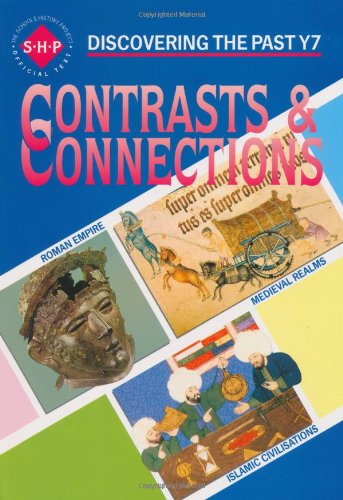
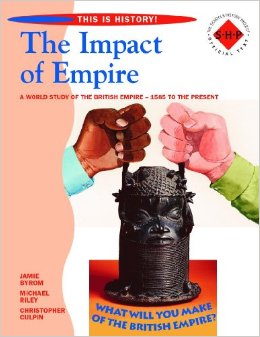

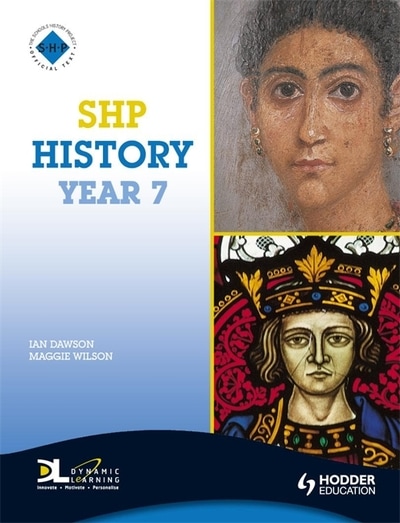
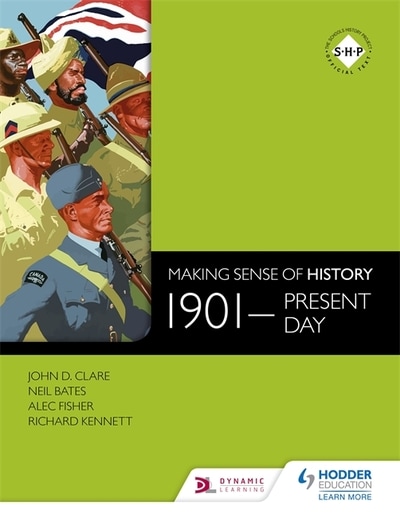

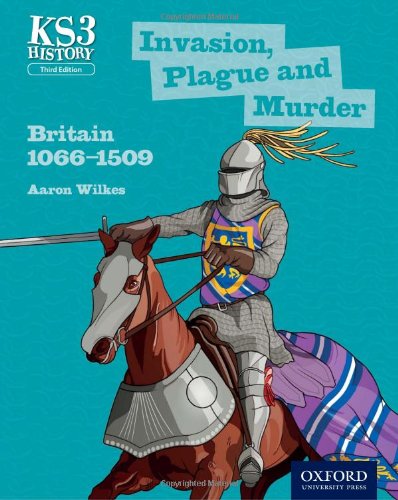
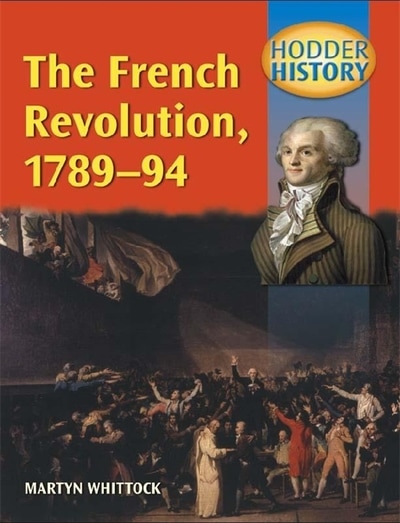
 RSS Feed
RSS Feed
